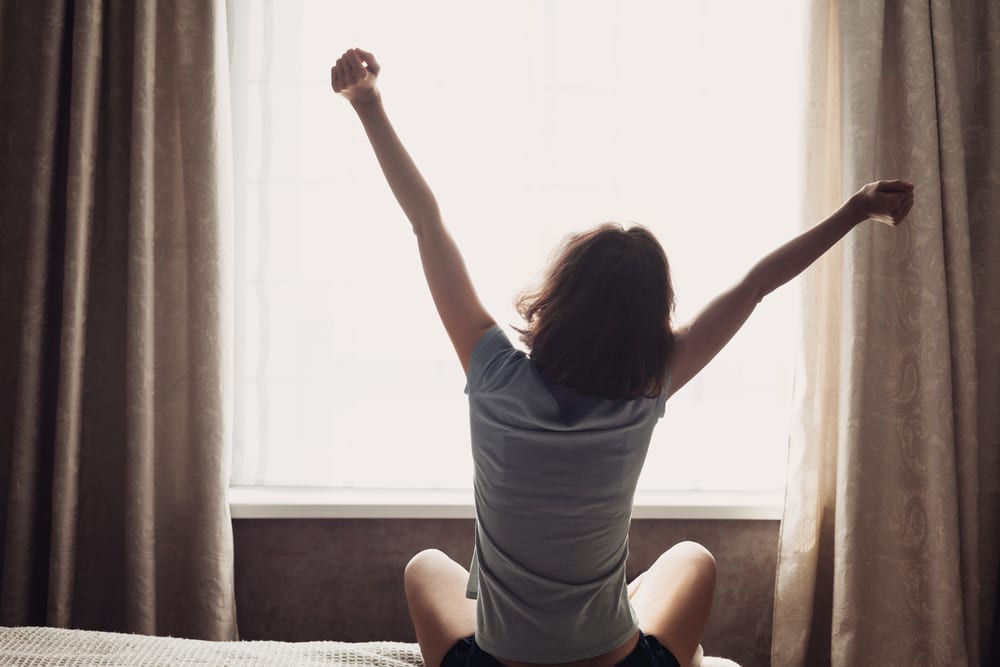Are you working all hours to get your business started or established? You are? Well contrary to the received wisdom out there, a tortoise rather than hare approach may be the best way to set yourself up for sustainable business success.
Working all hours is fine for short bursts, but over time not getting enough sleep causes serious problems. Sleep deprivation:
- Decreases alertness and concentration
- Decreases ability to focus and be productive
- Decreases ability to process information and problem solve
- Impairs cognitive abilities
- Impairs creativity
- Impairs memory
- Impairs immune function
- Increases emotional reactivity
- Decreases ability to deal with stress
- Increases stress levels
The bottom line is that sleep keeps you healthy so that you don’t have to miss days of work due to illness or spend your time waiting to be seen at a walk-in clinic in San Francisco, Salford or St Ives. Adequate sleep helps you think and function at your peak capacities and avoid making mistakes or oversights; and it helps you be more productive and ultimately perform better. All of these impact your work performance and your ability to be successful in your career.
Making Sleep a Priority
In her book Thrive, Arianna Huffington mentions some key pillars of wellbeing, one of which is prioritising sleep. What this comes down to is sticking to a schedule or routine, creating an environment that is conducive to sleep, and maintaining an overall healthy lifestyle that can make sleep problems dwindle away.
Discipline
Go to bed and wake up at the same time every day. Consistency is key. Since ritual and routine help to cue your body into reacting in certain ways, by holding to a strict sleep routine you can achieve more consistently restful nights. Of course this also requires the discipline to unplug, turn off, and put your work away! Pulling a late night to finish a task will seem productive, but ultimately your cognitive function and performance will suffer throughout the next work day from it, hampering your productivity.
Set a bedtime limit and stick to it! The majority of people require between 7-8 hours of sleep each night to function optimally the next day; ensure that your sleep plan includes not only allotted time, but enough time to properly rest.
Sleep Environment
If you build it, it will come. Strategically plan your sleep environment. You should ensure that your room is dark; turn off any unnecessary electronic devices and ensure that you have dark drapes covering your windows. Blue light from electronic devices as well as other forms of external light inhibit your melatonin production which is released at night to help you sleep. You should also keep your room at a temperature of around 20°C; if you are too warm or too cold, both will impact your ability to sleep soundly. And of course your bed also needs to be an oasis of comfort as well. This means everything from the mattress to the pillows, and even the perfect sheet set and down cover.
The Telegraph recently published an article on the best mattresses for the perfect night’s sleep in which they outline some of the industry’s finest options. It’s good to make sure that your mattress isn’t older than 10 years, and ideally to go for a memory foam model, as opposed to something with springs. Memory foam will allow you to lie comfortably in one position because it promotes good blood flow. Springs, on the other hand, cut off blood flow on the pressure points where they come in contact with your body, creating pain and discomfort that causes you to switch positions. The secret to a restful night that is free of tossing and turning is a comfortable, good quality mattress.
Lifestyle
Believe it or not, one of the ways to set yourself up for sleep success is to actually stick to a good exercise routine throughout the day. Even when you’re tired! It doesn’t necessarily have to be body pumping at the gym; you can also make a habit of walking outside for 20-30 minutes each day. Exercise actually releases stress-relieving endorphins and works within your body as a natural antidepressant; with stress and anxiety levels decreased, both your mind and body can relax and find rest so nodding off in the evening becomes less of a struggle.
You also need to suppress the urge to reach for caffeine and sugar. You naturally crave caffeine and sugar-rich foods while sleep deprived, but not only do they negatively impact your physical health, they can also keep you wired in the evening when you need to rest.

